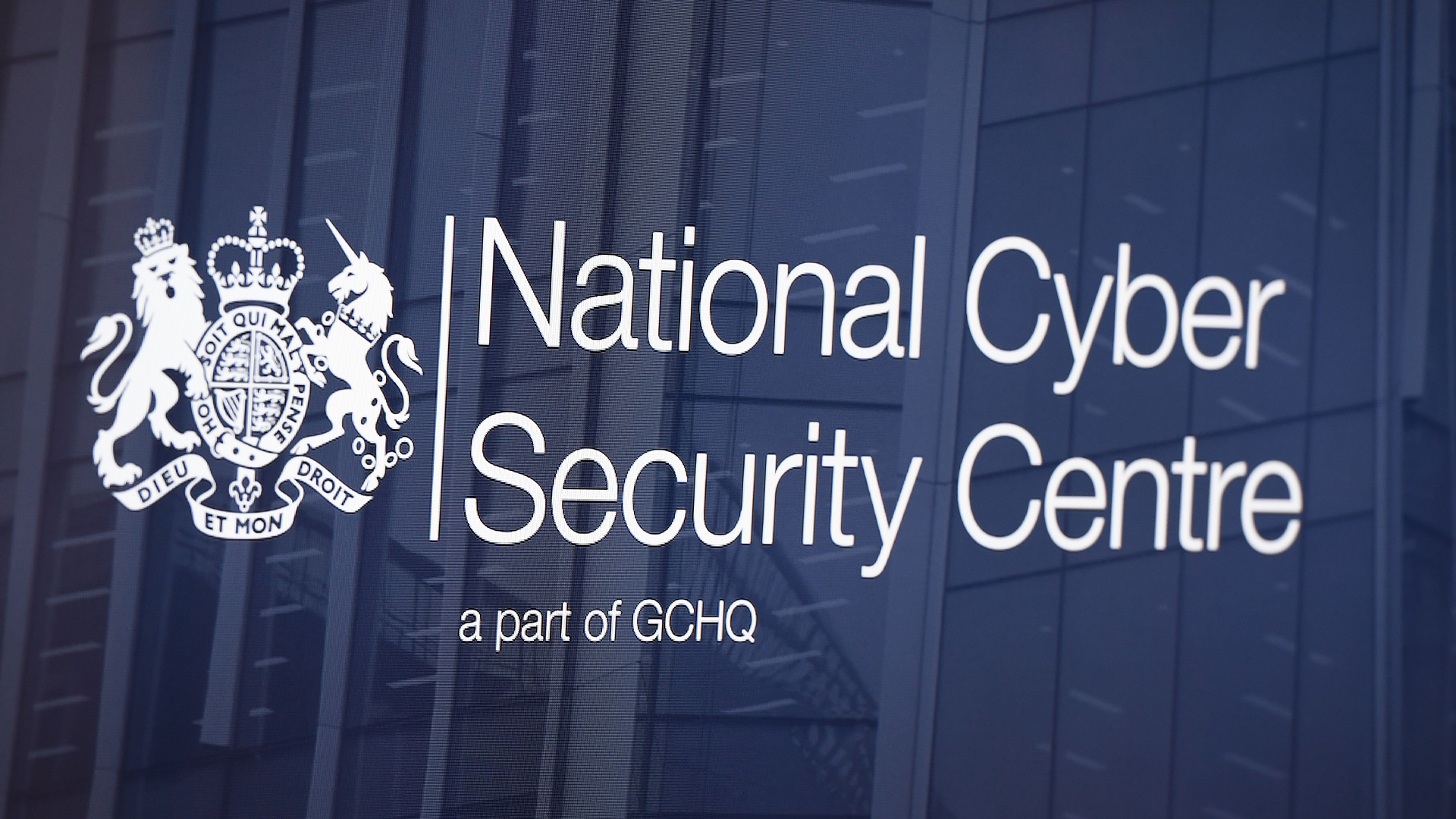Cyber professionals are losing sleep over late night attacks
Hackers are biding their time and launching attacks when businesses can’t respond


Cybersecurity professionals are being bombarded with alerts outside of business hours, with hackers deliberately timing their attacks for maximum impact.
Research from Arctic Wolf shows more than half (51%) of alerts recorded by security operations teams are recorded after the majority of the business has clocked out.
Around 15% of all alerts also take place on weekends, the study found, forcing security workers to drop personal activities and respond to potential incidents.
30% off Keeper Security's Business Starter and Business plans
Keeper Security is trusted and valued by thousands of businesses and millions of employees. Why not join them and protect your most important assets while taking advantage of this special offer?
Dan Schiappa, Arctic Wolf’s president of technology and services, said the study highlights the 24x7 nature of the profession and gives a glimpse into the challenges faced by teams.
“Today’s threat landscape is defined by round-the-clock attacks that target identity, exploit timing, and drive alert fatigue, leaving defenders to navigate increasingly complex tactics,” he said.
Hackers are biding their time
Threat actors deliberately launch attacks outside of business hours or during holiday periods to maximize their chances of success, according to Arctic Wolf.
With skeleton crews essentially holding the fort, this represents the perfect opportunity to hit enterprise hard and leave teams scrambling.
Sign up today and you will receive a free copy of our Future Focus 2025 report - the leading guidance on AI, cybersecurity and other IT challenges as per 700+ senior executives
“Some of the most notorious recent cyber attacks were meticulously planned to coincide with long weekends or holidays,” the study noted.
In 2021, the Scottish Environmental Protection Agency (SEPA) gained firsthand experience in this regard, with hackers striking on Christmas Eve.
The attack, claimed by the infamous Conti ransomware group, resulted in the theft of thousands of SEPA files.
Arctic Wolf’s findings align with previous research on these tactics, with analysis from Darktrace showing 76% of ransomware attacks occurring either after hours or over the weekend.
“As reduced staff wind down and employees mentally and physically log off from the workplace, there is a decline in the speed of detection and triage within an enterprise,” the company noted.
Similar analysis from Semperis last year showed 72% of ransomware victims were attacked outside of working hours, such as during holiday periods.
Notably, among organizations with dedicated security operations centers (SOCs), around 85% reduced staffing levels by up to 50% during holidays or weekends.
A key factor behind this, the study found, lay in general staffing challenges or the associated costs with overtime wages.
Make sure to follow ITPro on Google News to keep tabs on all our latest news, analysis, and reviews.
MORE FROM ITPRO
- Best online cybersecurity courses
- How to choose the best cyber security vendor for your business
- The best malware removal tools

Ross Kelly is ITPro's News & Analysis Editor, responsible for leading the brand's news output and in-depth reporting on the latest stories from across the business technology landscape. Ross was previously a Staff Writer, during which time he developed a keen interest in cyber security, business leadership, and emerging technologies.
He graduated from Edinburgh Napier University in 2016 with a BA (Hons) in Journalism, and joined ITPro in 2022 after four years working in technology conference research.
For news pitches, you can contact Ross at ross.kelly@futurenet.com, or on Twitter and LinkedIn.
-
 The modern workplace: Standardizing collaboration for the enterprise IT leader
The modern workplace: Standardizing collaboration for the enterprise IT leaderHow Barco ClickShare Hub is redefining the meeting room
-
 Interim CISA chief uploaded sensitive documents to a public version of ChatGPT
Interim CISA chief uploaded sensitive documents to a public version of ChatGPTNews The incident at CISA raises yet more concerns about the rise of ‘shadow AI’ and data protection risks
-
 CISA’s interim chief uploaded sensitive documents to a public version of ChatGPT – security experts explain why you should never do that
CISA’s interim chief uploaded sensitive documents to a public version of ChatGPT – security experts explain why you should never do thatNews The incident at CISA raises yet more concerns about the rise of ‘shadow AI’ and data protection risks
-
 Former Google engineer convicted of economic espionage after stealing thousands of secret AI, supercomputing documents
Former Google engineer convicted of economic espionage after stealing thousands of secret AI, supercomputing documentsNews Linwei Ding told Chinese investors he could build a world-class supercomputer
-
 The FBI has seized the RAMP hacking forum, but will the takedown stick? History tells us otherwise
The FBI has seized the RAMP hacking forum, but will the takedown stick? History tells us otherwiseNews Billing itself as the “only place ransomware allowed", RAMP catered mainly for Russian-speaking cyber criminals
-
 Everything we know so far about the Nike data breach
Everything we know so far about the Nike data breachNews Hackers behind the WorldLeaks ransomware group claim to have accessed sensitive corporate data
-
 90% of companies are woefully unprepared for quantum security threats – analysts say they need to get a move on
90% of companies are woefully unprepared for quantum security threats – analysts say they need to get a move onNews Quantum security threats are coming, but a Bain & Company survey shows systems aren't yet in place to prevent widespread chaos
-
 LastPass issues alert as customers targeted in new phishing campaign
LastPass issues alert as customers targeted in new phishing campaignNews LastPass has urged customers to be on the alert for phishing emails amidst an ongoing scam campaign that encourages users to backup vaults.
-
 NCSC names and shames pro-Russia hacktivist group amid escalating DDoS attacks on UK public services
NCSC names and shames pro-Russia hacktivist group amid escalating DDoS attacks on UK public servicesNews Russia-linked hacktivists are increasingly trying to cause chaos for UK organizations
-
 An AWS CodeBuild vulnerability could’ve caused supply chain chaos – luckily a fix was applied before disaster struck
An AWS CodeBuild vulnerability could’ve caused supply chain chaos – luckily a fix was applied before disaster struckNews A single misconfiguration could have allowed attackers to inject malicious code to launch a platform-wide compromise
